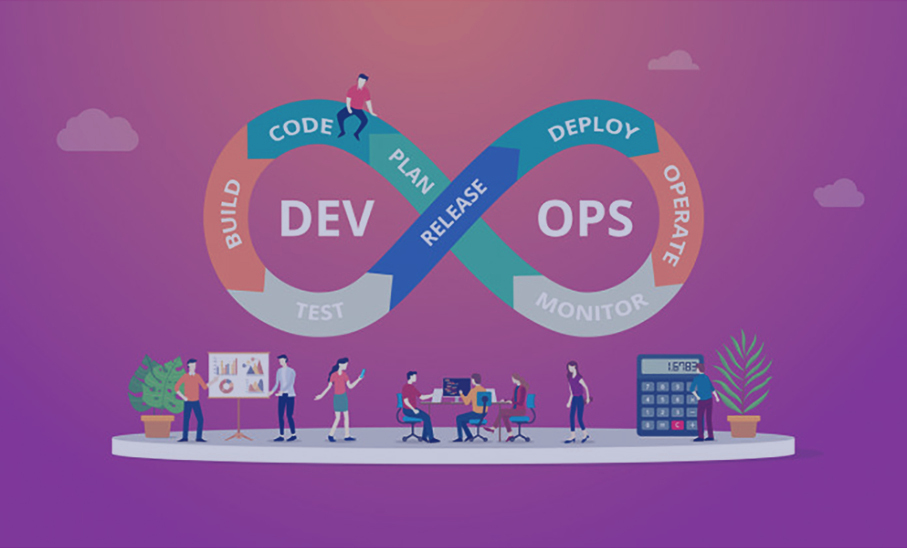
We believe a key requirement for developing modern information systems is to modernize the IT processes to the new DevOps model. That way, every stakeholder actively participates in shaping the solution, allowing us to deploy the solution iteratively and rapidly while continuously improving it.
We provide a team of experts who can assess the current state and help our clients achieve their IT Modernization goal. We provide continuous integration, delivery, deployment, communication, and business value, from requirements to realization, actively engaging everyone.
Our team of experts specializes in:
Automation Testing
CI/CD
Microservices
Orchestration
Auto Monitoring
Our Core Areas
Insystech engages with businesses, operations and development team members to initiate automated pipelines to provide you with valuable software.
Continuous Integration and Continuous Delivery (CI/CD) is a popular practice in modern development teams. The idea behind these concepts is to automate as much as possible from the deployment cycle with little human interaction.
This is done by writing tests at several levels. Each time a change is made, the tests will run automatically and provide instant feedback if something goes wrong. This is the Continuous Integration part of the pipeline. One of the biggest advantages of this is that the developer knows immediately if a change breaks the build. This way they can fix it right away.
Continuous Delivery is the next part of the pipeline which automates the deployment to production when the CI step is successful. By setting up a fully automated pipeline, we not only reduce the go-to-market time but also reduce human interactions, thus reducing errors.
Containers and container platforms provide a lot more advantages over traditional virtualization. Isolation is done on the kernel level without the need for a guest operating system, so containers are much more efficient, fast, and lightweight. Allowing for applications to become encapsulated in self-contained environments means quicker deployments, scalability, and closer parity between
to become encapsulated in self-contained environments means quicker deployments, scalability, and closer parity between development environments.
Docker is currently the most popular container platform. It features the Docker Engine, which is a runtime and allows you to build and run containers. It also includes Docker Hub, a service for storing and sharing images.
While Docker provides an open standard for packaging and distributing containerized applications, we do need the following products to coordinate, schedule and ensure all of the applications communicate well with each other.
Kubernetes, Mesos, and Docker Swarm provide an abstraction to make a cluster of machines behave like one big machine, which is vital in a large-scale environment.
Kubernetes is the container orchestrator that was developed at Google which has been donated to the CNCF. It is now open source. It has the advantage of leveraging Google’s years of scheduling and scaling of containerized applications, and supports many containerization tools expertise in container management. It is a comprehensive system for automating deployment, such as Docker.
